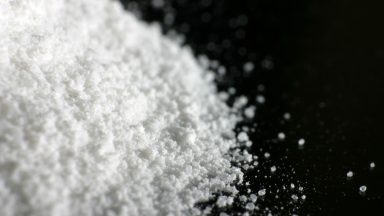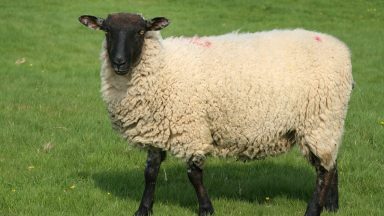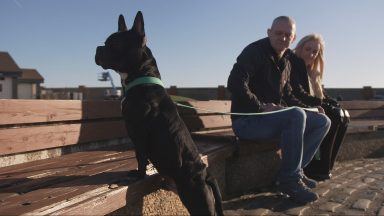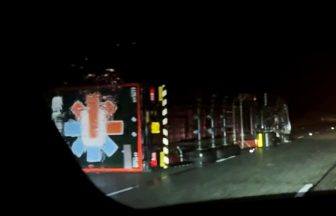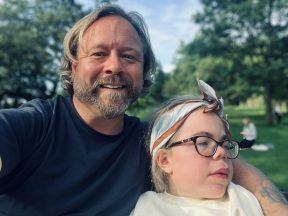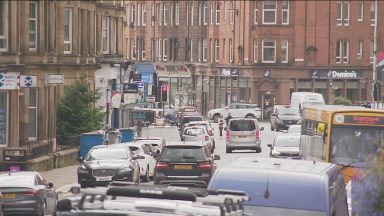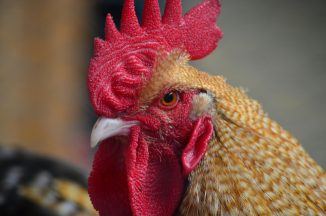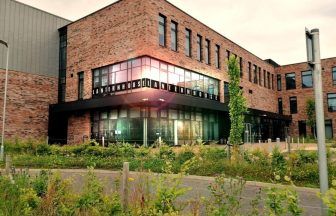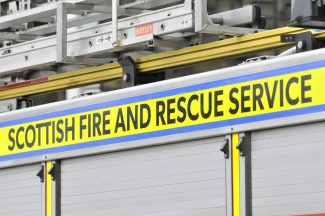Glasgow residents are being asked to give their opinions on how the council should handle the city’s historical slavery trade links.
The city has 62 streets and locations with historic connections to slavery – including Buchanan Street – as well as a number of buildings. Eight figures linked to the trade are also commemorated across monuments in the city.
The consultation, which is being dubbed a ‘debate’ examining the issues was launched on Monday this week.
People can give feedback online, which will be used to help draft an action plan on how the city will respond to the legacy.
It aims to build on work being carried out by the slavery and colonial legacy working group, which hopes to prepare a report to be considered by the council.
A member of the group, SNP Councillor Annette Christie said in a council video: “We are really keen to hear your voice, your views. Do you know where the names of the streets really came from? Do you know what the statues in George Square are all about? We want to know what you think about that and the impact the legacy of slavery and colonialism has had on our city.”
Chair of the group, SNP Councillor Graham Campbell, said the group includes historians, African and Caribbean community activists and a cross party group of councillors.
The council commissioned a report entitled Glasgow, Slavery and Atlantic Commerce: An Audit of Historic Connections and Modern Legacies carried out by University of Glasgow academic Dr Stephen Mullen.
In September 2020, Glasgow City Council approved a motion ‘Black lives matter, slavery legacy and anti-racist initiatives.’
The council said: “As a result of this, there was a commitment to look at some key areas including: the ongoing work to recognise the historic legacy of slavery.”
The council also agreed to develop a “civic conversation regarding the history of the city” and examine “how best the complete history of the city can be understood and embraced.”
Among the city’s more controversial statues is a monument to King William III, near Cathedral Square – he who was a shareholder in the Royal African Company.
There are also statues dedicated to John Moore and Colin Campbell in George Square. They held roles in the British Army upholding the system of chattel slavery British West Indies colonies.
After the current process of online feedback finishes on May 2 the council is due to ask residents to propose specific actions which the working can include in a plan to take back to the council. During a final ‘comments’ phase people will be able to view the draft report to be considered by the council.
To find out more here.
Follow STV News on WhatsApp
Scan the QR code on your mobile device for all the latest news from around the country


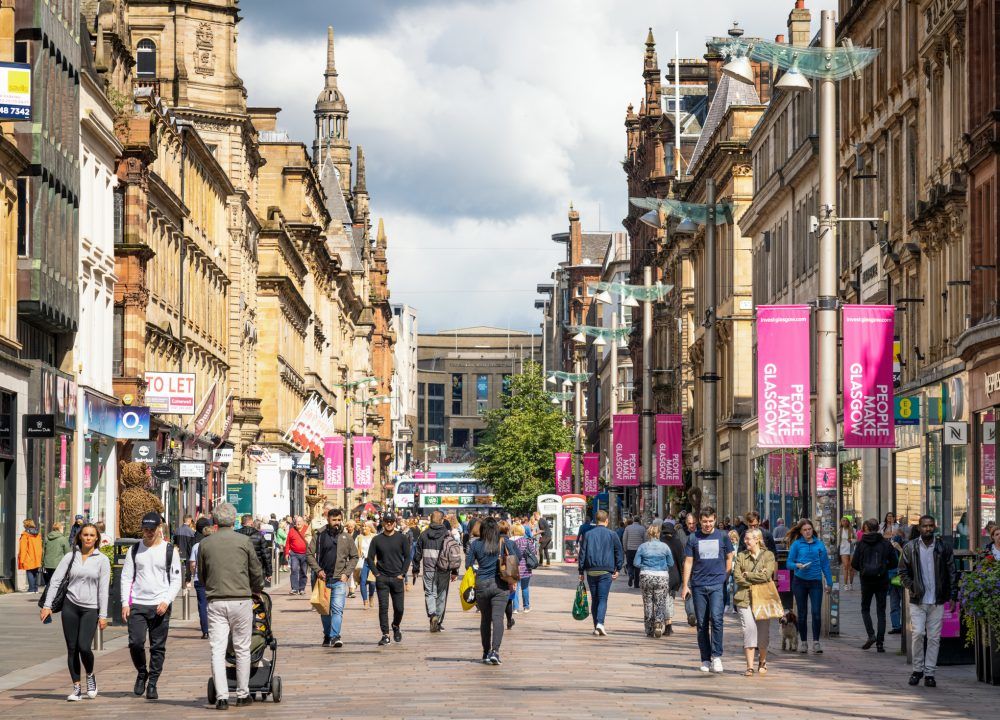 iStock
iStock


